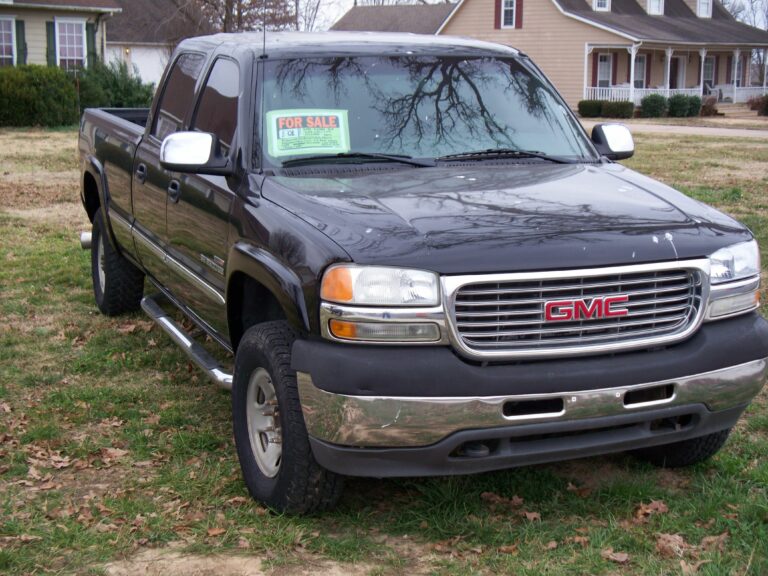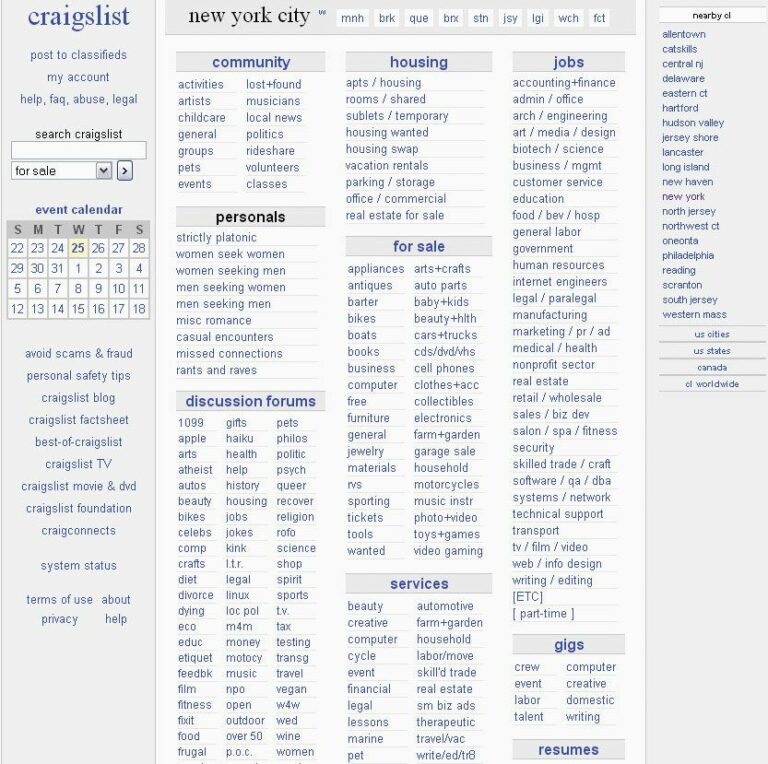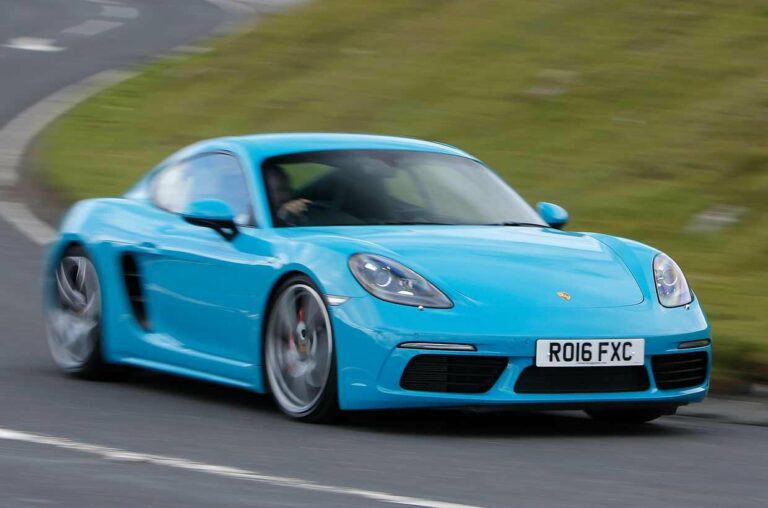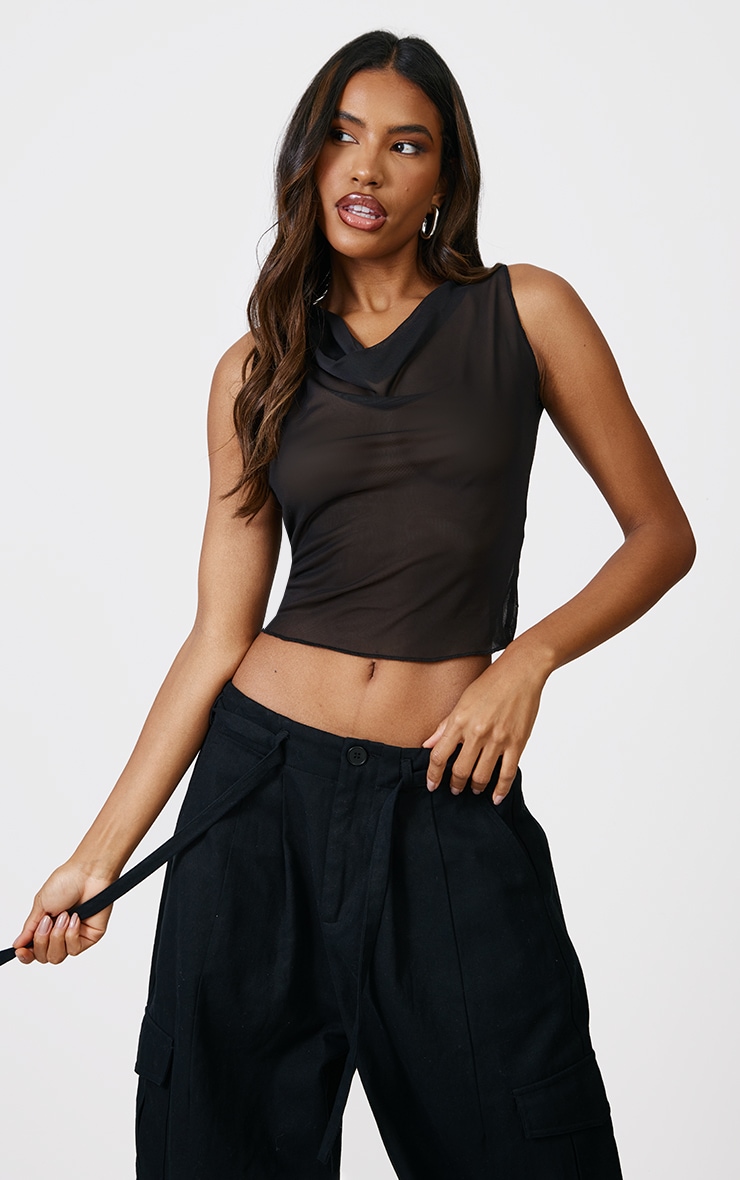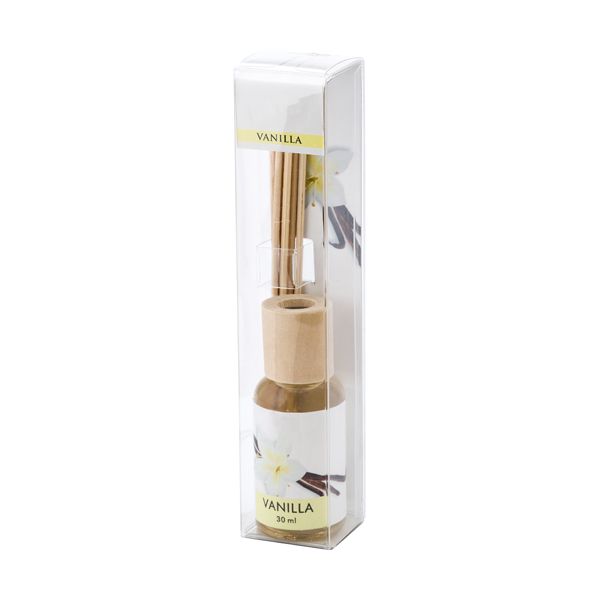Best Model Car Brands: Your Ultimate Guide to Miniature Automotive Excellence
Best Model Car Brands: Your Ultimate Guide to Miniature Automotive Excellence cars.truckstrend.com
The allure of the automobile transcends the road, finding a captivating expression in the intricate world of model cars. More than mere toys, these miniature marvels are a testament to engineering, design, and craftsmanship, captivating enthusiasts, collectors, and hobbyists alike. Whether you’re drawn to the roar of a classic muscle car, the sleek lines of a modern supercar, or the rugged utility of an off-road beast, there’s a model car designed to capture its essence.
However, navigating the vast landscape of model car brands can be daunting. From highly detailed, investment-grade replicas to robust, build-it-yourself kits and high-performance remote control vehicles, the "best" brand isn’t a one-size-fits-all answer. It hinges on your specific interests, budget, and desired level of engagement. This comprehensive guide will delve into the crème de la crème of model car brands, helping you identify the perfect fit for your passion.
Best Model Car Brands: Your Ultimate Guide to Miniature Automotive Excellence
What Makes a Model Car Brand "Best"? Important Considerations
Before diving into specific brands, it’s crucial to understand the criteria that elevate a model car brand above the rest. These factors collectively determine the quality, authenticity, and overall appeal of a miniature vehicle:
- Accuracy and Detail: This is paramount for collectors. Top brands painstakingly replicate every curve, grille, interior feature, and engine component down to the smallest bolt. Scale accuracy (e.g., 1:18, 1:43) is also critical, ensuring the model is a true miniature of its real-world counterpart.
- Material Quality: Model cars are crafted from various materials, each offering distinct characteristics. Die-cast metal (zinc alloy) is common for static display models due to its weight and ability to hold fine detail. Resin offers even finer detail and allows for complex shapes, often used for limited-edition, high-end models. High-quality plastics are used in kits and some RC models for durability and intricate parts.
- Build Quality and Durability: For static models, this refers to the precision of assembly, the smoothness of paintwork, and the robustness of moving parts (if any). For RC models, it’s about the resilience of components under stress and impact.
- Range and Variety of Models: Leading brands often boast an extensive catalog, covering different eras, vehicle types (sports cars, sedans, trucks, race cars), and even concept vehicles. A diverse selection indicates a brand’s commitment to the hobby.
- Innovation and Technology: This applies particularly to RC brands, where advancements in motor technology, battery life, suspension systems, and remote control capabilities constantly push boundaries. For static models, it can involve new production techniques or intricate opening features.
- Licensing and Authenticity: Officially licensed products ensure that the brand has collaborated with the actual car manufacturers, guaranteeing accurate badging, colors, and designs. This adds significantly to a model’s collector value.
- Price Point vs. Value: The "best" doesn’t always mean the most expensive. A brand offering excellent detail and build quality at an accessible price point often provides superior value, especially for those new to the hobby.

Top Tier Die-Cast & High-End Collector Brands
For the discerning collector who prioritizes unparalleled detail, craftsmanship, and exclusivity, these brands represent the pinnacle of static model car replication.

- AutoArt: Widely regarded as a benchmark in 1:18 scale die-cast models, AutoArt is synonymous with exquisite detail, flawless paint finishes, and impressive opening features (doors, hoods, trunks). While their price point is premium, the quality justifies the investment. They are known for both classic and modern sports cars, supercars, and racing legends.
- Minichamps: A German powerhouse, Minichamps excels in producing highly accurate 1:43 and 1:18 scale models, particularly strong in Formula 1 cars, classic road cars, and historical racing vehicles. Their attention to detail, especially in replicating intricate livery and sponsor decals, is exceptional.
- BBR Models & MR Collection: These Italian brands are at the very apex of high-end resin model production. Specializing in limited-edition supercars and hypercars (Ferrari, Lamborghini, Bugatti), their models feature breathtaking levels of detail, often including carbon fiber textures, realistic interiors, and perfect paint. They are usually sealed (no opening parts) to preserve the intricate body lines and are exceptionally expensive, often serving as investment pieces.
- Kyosho: Offering a diverse range from high-end sealed resin to detailed die-cast models across various scales (1:12, 1:18, 1:43), Kyosho is known for its quality and breadth. They produce everything from classic Japanese domestic market (JDM) cars to European exotics, often with very good engine and interior detailing.

Excellent Mid-Range & Accessible Brands
These brands strike a fantastic balance between quality, detail, and affordability, making them ideal for new collectors or those looking to expand their collection without breaking the bank.
- Norev: A French brand with a long history, Norev offers an impressive range of European cars, from everyday models to classic and modern sports cars, predominantly in 1:18 and 1:43 scales. Their models provide good detail for the price, often featuring opening parts and solid build quality.
- Maisto & Bburago: These sister brands (both owned by the May Cheong Group) are ubiquitous and often the first exposure many have to model cars. They offer a wide variety of 1:18, 1:24, and 1:64 scale models at very competitive prices. While detail can vary, their top-tier offerings are surprisingly good, making them excellent entry points into the hobby. They are perfect for casual collectors or for children who want durable, realistic models to play with.
- Solido: Another French brand, Solido is celebrated for its robust die-cast models, particularly its excellent range of rally cars and classic vehicles. They offer good value, decent detail, and a sturdy build, making them popular among those who appreciate models that can be handled.
- Spark Model: While often utilizing resin, Spark offers a different approach to the high-end brands. They are renowned for their incredibly diverse range of race cars (Le Mans, F1, endurance racing) and specific road cars, primarily in 1:43 and 1:18 scales. Their models are highly detailed and accurate, especially for racing liveries, at a price point that is more accessible than BBR or MR.
Remote Control (RC) Model Car Brands: A Different Dimension
For those who want to experience the thrill of driving their miniature vehicles, RC model cars offer a dynamic and engaging hobby. These brands focus on performance, durability, and customization.
- Traxxas: A dominant force in the RC world, Traxxas is synonymous with high-performance, ready-to-run (RTR) RC vehicles. They are known for their speed, durability, and innovative features like self-righting capabilities. Their range includes powerful monster trucks, short course trucks, and high-speed on-road cars, appealing to both beginners and experienced bashers/racers.
- Tamiya: An iconic Japanese brand, Tamiya offers a unique blend of scale realism and engineering excellence. While they produce some RTR models, Tamiya is most famous for its vast array of build-it-yourself kits. From classic buggies like the Grasshopper to highly detailed semi-trucks and race cars, Tamiya kits provide an engaging building experience followed by satisfying performance.
- ARRMA: Part of the Horizon Hobby family, ARRMA specializes in robust, high-speed RC vehicles designed for extreme bashing and durability. Their vehicles are built tough, with reinforced components, making them ideal for off-road adventures and jumps without fear of constant breakage.
- Redcat Racing: Offering a great balance of performance and affordability, Redcat Racing is a popular choice for beginners entering the RC hobby. They provide a wide variety of vehicles, from crawlers to monster trucks, at competitive prices, making the entry barrier lower.
Kit Brands: For the Builders and Enthusiasts
For many, the true joy of model cars lies in the assembly process itself. These brands provide highly detailed kits that challenge and reward modelers with a sense of accomplishment.
- Tamiya: As mentioned in RC, Tamiya is arguably the undisputed king of plastic model kits. Their car kits are renowned for their precise fit, clear instructions, and excellent detail, often including engine bays, detailed interiors, and separate suspension components. They offer a wide variety of subjects, from classic sports cars to modern supercars and racing machines.
- Revell: A classic name in model kits, Revell offers a vast range of subjects, including cars, trucks, and motorcycles, across various skill levels. Their kits are generally more affordable and accessible, making them a great starting point for aspiring modelers.
- Fujimi & Aoshima: These Japanese brands are highly regarded for their intricate and highly detailed car kits, often focusing on Japanese domestic market (JDM) vehicles, sports cars, and racing cars. They frequently include options for custom parts, different wheels, and highly accurate engine details, appealing to advanced modelers.
- Hasegawa: While also known for aircraft, Hasegawa produces excellent car kits, particularly classic Japanese and European racing cars. Their kits are known for their crisp molding and accurate replication.
Tips for Choosing the Right Model Car Brand
With so many excellent options, how do you make the right choice?
- Define Your Budget: This is the most crucial first step. High-end resin models can cost hundreds or even thousands of dollars, while entry-level die-cast or kit models are far more affordable.
- Identify Your Collection Focus: Are you interested in a specific car manufacturer (e.g., Ferrari, Porsche)? A particular era (classic cars, modern supercars)? A type of vehicle (race cars, trucks, JDM)? Or perhaps the joy of building? Your focus will narrow down the brands.
- Research Reviews and Forums: Before purchasing, look up reviews of specific models and brands on enthusiast forums or YouTube channels. Real-world feedback is invaluable.
- Consider Display vs. Play: If the model is for display, prioritize detail and accuracy. If it’s for active play (RC) or for children, durability and robustness will be key.
- Look for Authenticity and Licensing: For collectors, official licensing adds significant value and ensures accurate replication.
- Start Small, Grow Your Collection: Don’t feel pressured to buy the most expensive model right away. Start with an accessible brand or a kit, learn what you enjoy, and gradually expand your collection.
Potential Challenges and Solutions
Even with the best brands, there can be hurdles in the model car hobby:
- Authenticity Issues/Knock-offs: Especially with popular or high-value models, counterfeits can exist. Solution: Always buy from reputable dealers, authorized retailers, or well-established hobby shops.
- Storage & Display: Models can be delicate and collect dust. Solution: Invest in display cases (acrylic or glass) that protect models from dust and accidental damage. Ensure they are stored away from direct sunlight to prevent fading.
- Cost Escalation: The hobby can become expensive quickly. Solution: Set a strict budget for your purchases and stick to it. Prioritize models you truly desire rather than impulse buying.
- Availability of Specific Models: Limited editions and popular models can sell out fast. Solution: Utilize pre-order options from retailers. For older or rare models, explore secondary markets (eBay, dedicated collector forums) but exercise caution regarding pricing and authenticity.
- Fragility: Especially high-detail die-cast or resin models have small, delicate parts. Solution: Always handle models by their main body, avoiding fragile components like mirrors, wipers, or antennas. Use white cotton gloves to prevent fingerprints.
Table of Best Model Car Brands: At a Glance
| Brand | Primary Focus / Key Strength | Typical Scale(s) | Primary Material | Detail Level | Typical Price Range (USD) | Ideal For |
|---|---|---|---|---|---|---|
| AutoArt | Premium detail, opening features, diverse range | 1:18, 1:43 | Die-cast | Excellent | $150 – $400+ | Serious collectors, display enthusiasts |
| Minichamps | F1, classic road cars, precise detailing | 1:43, 1:18 | Die-cast | Excellent | $80 – $250+ | F1 fans, European car collectors |
| BBR Models | Ultra-high-end resin, supercars, extreme detail | 1:18, 1:43 | Resin | Exquisite | $400 – $1000+ | Investment collectors, luxury enthusiasts |
| Kyosho | Diverse range, good detail, quality die-cast/resin | 1:12, 1:18, 1:43 | Die-cast, Resin | Very Good – Ex. | $100 – $500+ | Broad collectors, Japanese car fans |
| Norev | Good value, wide European car selection | 1:18, 1:43 | Die-cast | Good – Very Good | $60 – $150 | Mid-range collectors, European car fans |
| Maisto/Bburago | Affordable, widespread, great entry point | 1:18, 1:24, 1:64 | Die-cast | Basic – Good | $20 – $80 | Beginners, casual collectors, children |
| Spark Model | Highly detailed resin race cars | 1:43, 1:18 | Resin | Excellent | $70 – $250 | Racing enthusiasts, specific niche collectors |
| Tamiya (Kits) | Build-your-own kits, precise fit, scale realism | 1:24, 1:12 | Plastic | Excellent | $30 – $100+ | Model builders, hobbyists, customization |
| Traxxas (RC) | High-performance RC, durable, fast | Various | Plastic, Metal | Functional | $300 – $1000+ | RC bashers, racers, thrill-seekers |
Note: Price ranges are approximate and can vary based on rarity, model complexity, and retailer.
Frequently Asked Questions (FAQ)
Q1: What’s the best scale to collect?
A1: There’s no single "best" scale. 1:18 is popular for its balance of detail and size, allowing for opening parts. 1:43 is favored for collecting many models in a smaller space, while 1:64 (like Hot Wheels/Matchbox) is great for affordability and play. Larger scales like 1:12 offer immense detail but take up significant space. Your preference depends on your collection goals and available space.
Q2: What’s the difference between Die-cast and Resin models?
A2: Die-cast models are made by pouring molten metal (usually zinc alloy) into a mold. They are generally heavier, more durable, and often feature opening parts. Resin models are made from polyurethane resin poured into silicone molds. They allow for incredibly fine detail and sharp lines, are lighter, and are typically produced in more limited numbers. Resin models usually have sealed bodies (no opening parts) to maintain structural integrity and detail.
Q3: Where can I buy model cars?
A3: You can buy them from dedicated hobby shops, online retailers (e.g., DiecastModelsOnline, Model Car World, Amazon), direct from brand websites, or through secondary markets like eBay. For RC and kits, specialized RC stores or hobby shops are excellent resources.
Q4: How do I care for my model cars?
A4: Keep them in dust-free environments, ideally in display cases. Handle them minimally, using cotton gloves if possible, to avoid fingerprints and accidental damage. Avoid direct sunlight, which can fade paint and decals over time. For light cleaning, use a soft brush or a microfiber cloth.
Q5: Are model cars a good investment?
A5: While some limited-edition, high-end models from reputable brands can appreciate in value over time, most model cars are not primary investments. Their value is primarily in the enjoyment they bring. Focus on collecting what you love, and any appreciation is a bonus.
Q6: What’s the difference between a model car and a toy car?
A6: The distinction lies in the intent and level of detail. A "toy car" (e.g., a basic Hot Wheels mainline) is primarily designed for play, durability, and low cost, with simplified details. A "model car" is designed for accuracy, replication, and display, with meticulous attention to detail, scale fidelity, and often higher-quality materials. While some models can be played with, their primary purpose is realistic representation.
Conclusion
The world of model cars is rich, diverse, and incredibly rewarding. From the breathtaking accuracy of a high-end AutoArt or BBR replica to the exhilarating performance of a Traxxas RC, or the satisfying challenge of building a Tamiya kit, there’s a perfect miniature automotive experience waiting for everyone. By understanding the key considerations, exploring the leading brands, and applying practical advice, you can confidently navigate this fascinating hobby. Ultimately, the "best" model car brand is the one that best aligns with your passion, your budget, and the unique way you choose to celebrate the enduring legacy of the automobile. Happy collecting!

